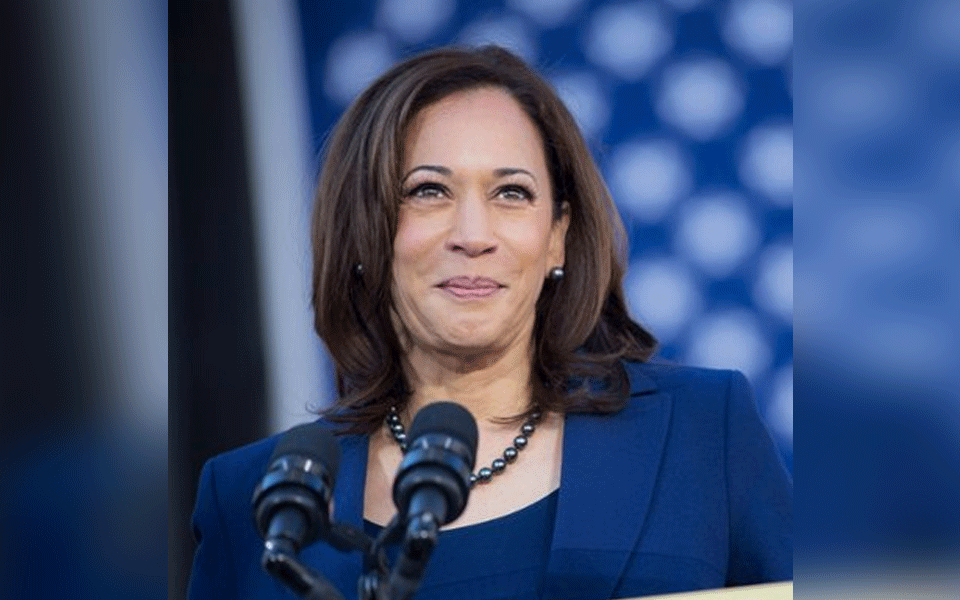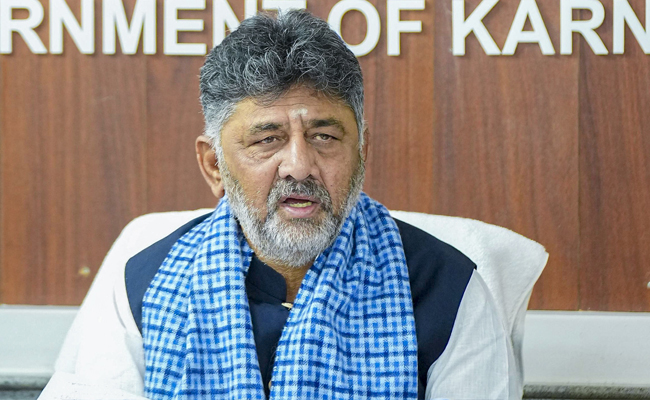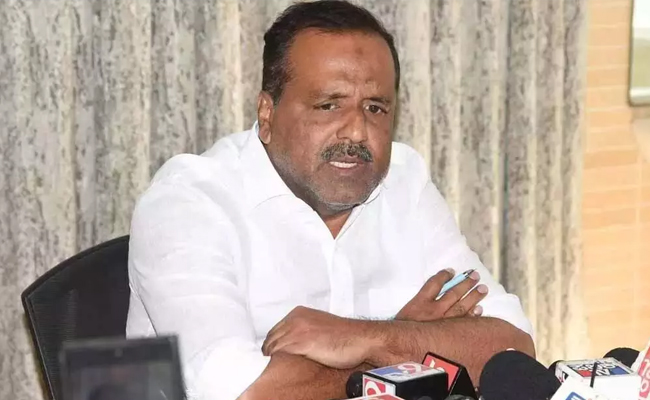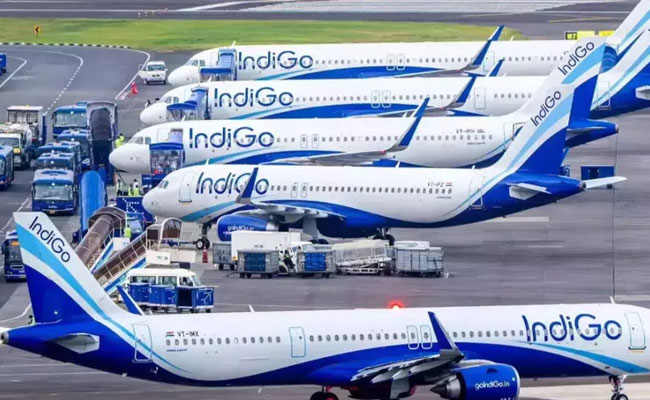Washington, Nov 13: Kamala Harris, the first Indian-origin US Senator also known as the "female Obama", is considering to run for the White House in 2020, media reports said, days after a strong showing by the Democratic Party in the recent mid-term elections.
Harris, 54, the first time Senator from California, made her first trip to Iowa about a month ago, which media analysts here said was in preparation for her potential presidential run.
Born in Oakland, California, she is the daughter of an Indian mother who migrated to the US from Chennai in 1960 and a Jamaican-American father.
Her mother Shyamala Gopalan studied science, specifically endocrinology and complex mechanisms of cancer. Her father Donald Harris grew up in Jamaica, where he became a national scholar and earned the opportunity to study economics in the US.
The 2020 presidential cycle would kick off on February 3, 2020 in Iowa, where the first primary is scheduled to be held.
Media reports indicated that Harris' multiple stops in Iowa indicated an Obama-like energy in her meetings.
"I haven't seen that kind of energy since Barack Obama," Sean Bagniewski, the chair of the Polk County Democrats, told lake County Record-Bee after Harris addressed several hundred people at a downtown Des Moines ballroom in Iowa last month.
Harris has not announced her presidential bid yet.
In multiple media interviews, she has neither denied nor confirmed reports of her running for the White House in 2020.
During the Obama era, she was popularly called as the "female Obama". A decade ago, journalist Gwen Ifill called Harris "the female Barack Obama" on the "Late Show With David Letterman". Later, a small businessman from Willoughby Tony Pinto called her "a young, female version of the president".
She is considered to be close to Obama, the first black American President, who endorsed her in her various elections including that of the US Senate in 2016.
Harris said her visit to Iowa was to campaign for party during mid-term elections. After a gap of eight years, the Democratic party wrested from the Republicans the majority in the House of Representatives.
In the past two years, she has emerged as the star performer of the party in the Senate and a leading Democratic voice against US President Donald Trump.
According to an online poll carried out by Axios, Harris would beat Trump most handily by a 10-point margin if the election were held now.
She polls well with African-American and white suburban women, but not with "Neverhillary" independent registered voters, Axios said in its report last week.
Harris is among the two-dozen potential Democratic leaders who are eyeing the US presidency in 2020. However, none of them have made a formal announcement yet.
Prominent among them include 2016 presidential candidates Senator Bernie Sanders and former secretary of state Hillary Clinton; and former US vice president Joe Biden.
Tulsi Gabbard, the first Hindu lawmaker from Hawaii in the US Congress, is also considering to run for the presidency, according to sources close to her.
Several Democratic Senators in the potential race include Elizabeth Warren, Cory Booker, Kirsten Gillibrand, Jeff Merkley, Sherrod Brown, Amy Klobuchar and Richard Blumenthal.
Former Attorney General Eric Holder, former New York Mayor Michael Bloomberg, New York Governor Andrew Cuomo, Los Angeles Mayor Eric Garcetti, Washington State Governor Jay Inslee are said to be in the race to take on President Trump in his re-election bid.
Former first lady Michelle Obama has ruled out entering the electoral fray.
In the recently-concluded crucial midterm elections, opposition Democrats captured the House of Representatives while Trump's Republican Party retained its majority in the Senate, an outcome likely to intensify the political bitterness and fighting between the two major parties in the run up to the 2020 presidential poll.
Let the Truth be known. If you read VB and like VB, please be a VB Supporter and Help us deliver the Truth to one and all.
Mangaluru (PTI): A high-level committee constituted by the Karnataka government to study the framework adopted by Andhra Pradesh for recognising Urdu as a second official language has submitted its report, backing the state’s move to accord similar status to Tulu.
The six-member panel, headed by K M Gayatri, former Director of the Kannada and Culture Department, examined the procedures followed by the Andhra Pradesh government before granting second official language status to Urdu, officials said on Wednesday.
The committee undertook a field visit to the Andhra Pradesh Secretariat on January 19 and 20 and held consultations with senior officials to understand the legal provisions, administrative mechanisms, and implementation benchmarks involved, they said.
The panel also included Tharanatha Gatti Kapikad, president of the Karnataka Tulu Sahitya Academy, in an advisory capacity.
The report, along with a detailed note outlining Tulu’s historical, linguistic, and cultural significance, was submitted to J Manjunath, Secretary, Kannada and Culture Department, at Vikas Soudha here.
According to official sources, the study was aimed at gathering inputs to help Karnataka frame criteria and procedural guidelines if it decides to grant second official language status to Tulu.
Senior officials present at the submission included B S Manjunath Swami, Director of the Kannada and Culture Department; representatives of the Law Department and the Personnel and Administrative Reforms Department; and office-bearers of various state academies.
Tulu is predominantly spoken in the coastal districts of Dakshina Kannada and Udupi, and in parts of Kasaragod in neighbouring Kerala.
The demand to accord it second official language status in Karnataka has been raised by cultural organisations for several years.





